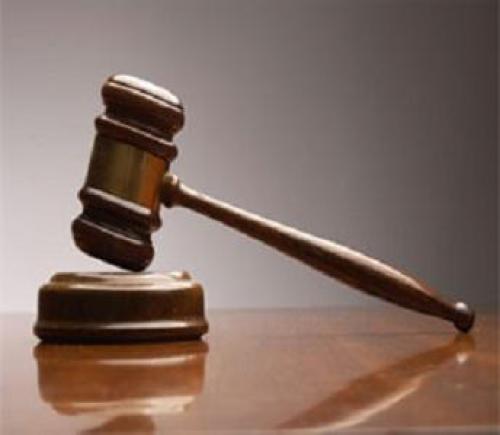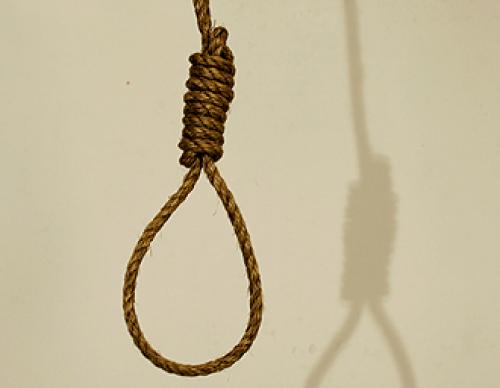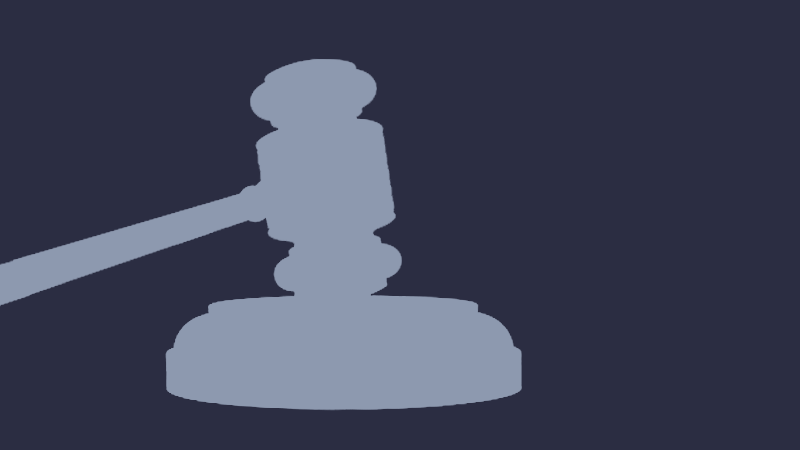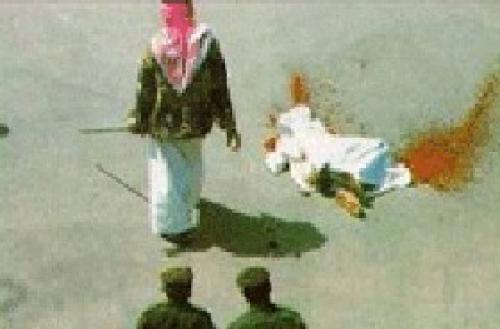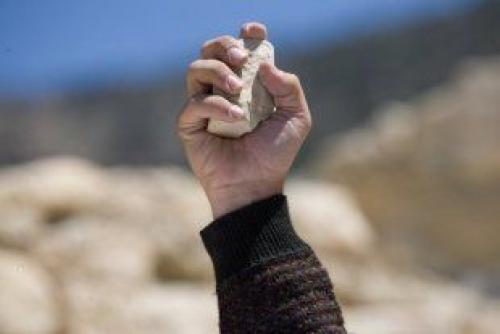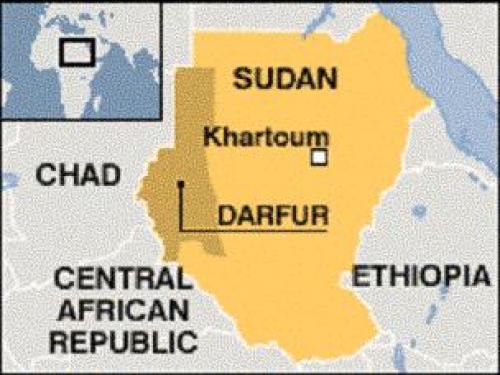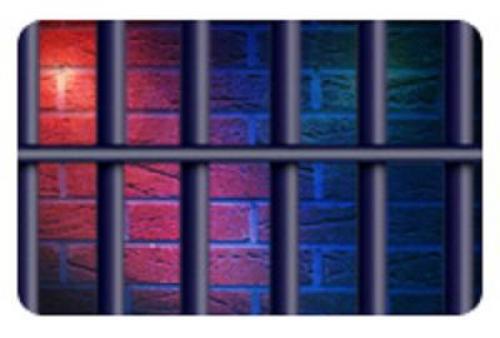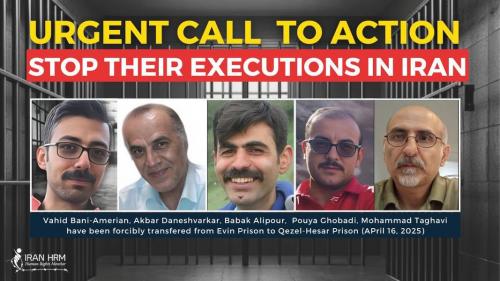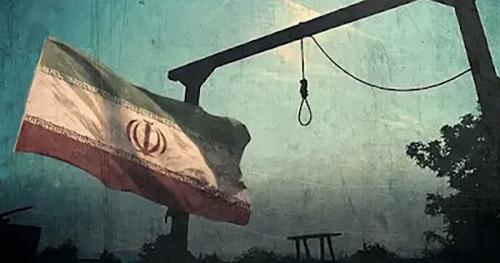government: Government of National Unity (GNU) - the National Congress Party (NCP) and Sudan People's Liberation Movement (SPLM) formed a power-sharing government under the 2005 Comprehensive Peace Agreement (CPA); the NCP, which came to power by military coup in 1989, is the majority partner; the agreement stipulates national elections in 2009
state of civil and political rights: Not free
constitution: constitution implemented on 30 June 1998, partially suspended 12 December 1999 by President BASHIR; under the CPA, Interim National Constitution ratified 5 July 2005; Constitution of Southern Sudan signed December 2005
legal system: based on English common law and Islamic law
legislative system: bicameral National Legislature consists of a Council of States and a National Assembly
judicial system: Constitutional Court of nine justices; National Supreme Court; National Courts of Appeal; other national courts; National Judicial Service Commission will undertake overall management of the National Judiciary
religion: Sunni Muslim 70% (in north), Christian 5% (mostly in south and Khartoum), indigenous beliefs 25%
death row: 300 (Human Rights Watch, 08/09/2005)
year of last executions: 0-0-0
death sentences: 199
executions: 19
international treaties on human rights and the death penalty:International Covenant on Civil and Political Rights
Convention on the Rights of the Child
Convention Against Torture and Other Cruel, Inhuman or Degrading Treatment or Punishment (signed only)
Statute of the International Criminal Court (which excludes the death penalty) (only signed)
situation:
The crimes punishable by death are murder, armed robbery, weapons possession and smuggling, treason, acts which may endanger the independence or unity of the state, waging war against the state, apostasy and prostitution.
In accordance with Shari'a law, the Criminal Act provides for physical punishments including flogging, amputation, stonings, and crucifixion – in this case the public display of a body after execution.
Under article 146 of Sudan 's 1991 Penal Code, "Whoever commits the offence of adultery shall be punished with:
a) execution by stoning when the offender is married (muhsan);
b) One hundred lashes of the whip when the offender is not married (non-muhsan);
c) The male non-married offender may be punished, in addition to whipping, with expatriation for one year".
Article 171 of the penal code states that whoever commits theft (alsargha alhadiyha), may be sentenced with amputation of the right hand if the value of the stolen items is equal to or more than the value of 4.25 grams of gold.
Hands Off Cain compiled reports of 19 executions in 1999, including 10 by crucifixion.
These punishments are inconsistent with international human rights law under the International Covenant on Civil and Political Rights (ICCPR) that Sudan has ratified, and the United Nations' Convention against Torture and other Cruel, Inhuman or Degrading Treatment of Punishment (CAT) to which the Government of Sudan is a signatory.
Sudan has an authoritarian government in which all effective political power is in the hands of President Omar Hassan al-Bashir. Bashir who has controlled the Government since he led a military coup in 1989, with the instigation and support of the fundamentalist National Islamic front (NIF). The country is emerging from a 21-year civil war between the mainly Muslim north and the Animist and Christian south. The conflict is said to have cost the lives of 1.5 million to 2 million people. After two years of talks the government and rebels signed a comprehensive peace deal in January 2005.
But while the government and southern rebels inched closer to peace, fighting broke out in the western region of Darfur in early 2003 when rebels seeking greater autonomy began an insurrection. More than 1.5 million people have fled their homes and tens of thousands of people have been killed, the BBC reported. Pro-government Arab militias are accused of carrying out a campaign of ethnic cleansing against non-Arab groups in the region.
In July 2004, UN Special Rapporteur on Summary Executions Asma Jahangir said she saw "strong indications of crimes against humanity" during a 13-day visit to the Darfur region.
Human Rights Watch has accused the Sudanese government of sending its troops to support the Arab militias against the ethnic Fur population.
On July 8, 2005, Sudan approved a new Interim Constitution that allows the death penalty for juvenile offenders. Article 36 (2) of the Interim Constitution states that: “The death penalty shall not be imposed on a person under the age of eighteen or a person who has attained the age of seventy except in cases of retribution or hudud.” This last exception makes the first safeguard almost worthless; for instance hudud crimes include murder and burglary over a certain amount, according to the 1991 Sudanese Penal Code.
The constitution was ratified by the National Assembly and the Sudan People's Liberation Army (SPLA). It legitimizes power-sharing, envisaging that the SPLA sets up an autonomous government in South Sudan. The new development followed the signing of the peace deal – on January 9, 2005 after two years of negotiations – between government and rebels which brought to an end 21 years of civil war between north and south. The new Interim Constitution will remain in force for the six-year interim period set by the peace accords.
On July 13, 2005, the United Nations Children's Fund (UNICEF) called for the elimination of exceptions in the new constitution allowing the death penalty for youngsters under 18. Such exceptions contravene the UN Convention on the Rights of the Child stipulating that capital punishment should not be imposed for offences committed by persons below 18 years of age. Sudan ratified the child rights convention in 1990 Sudan’s previous Constitution, dating back to 1998, at Art.33 (2) had prohibited death sentences from being passed for crimes committed by persons below 18 years of age. Until then, Sudan had been one of the few countries to allow it.
On August 31, 2005, Mohammed Jamal Gesmallah and Imad Ali Abdullah, both in their twenties, were executed in Khartoum’s Kober Prison. According to their families, they were 16 and 17 years old at the time of the crimes for which they were punished.
Special Courts were established in May 2001 to deal with offences such as armed robbery, murder, weapons possession and smuggling. The Special Courts consist of two military judges and one civil judge. Lawyers are usually forbidden to stand before the Special Court and plaintiffs are given the right to appeal only when sentenced to death or amputation. Under such circumstances, the appeal must be made within seven days of the sentence to the District Chief of Justice, whose decision is final. There have been reports of people executed the day after sentencing.
According to SOAT, the Sudanese Organisation Against Torture, between March 2003 and March 2004, 71 people were condemned to death, at least 10 of whom have been executed. Sudan carried out at least 13 executions in 2003.
There are no official figures, but according to Amnesty International two executions took place in Sudan in 2004.
At least 4 executions were carried out in 2005; At least 65 took place in 2006 and at least 7 in 2007.
On December 18, 2008 and December 21st, 2010, Sudan voted against the Resolution on a Moratorium on the Use of the Death Penalty at the UN General Assembly.



